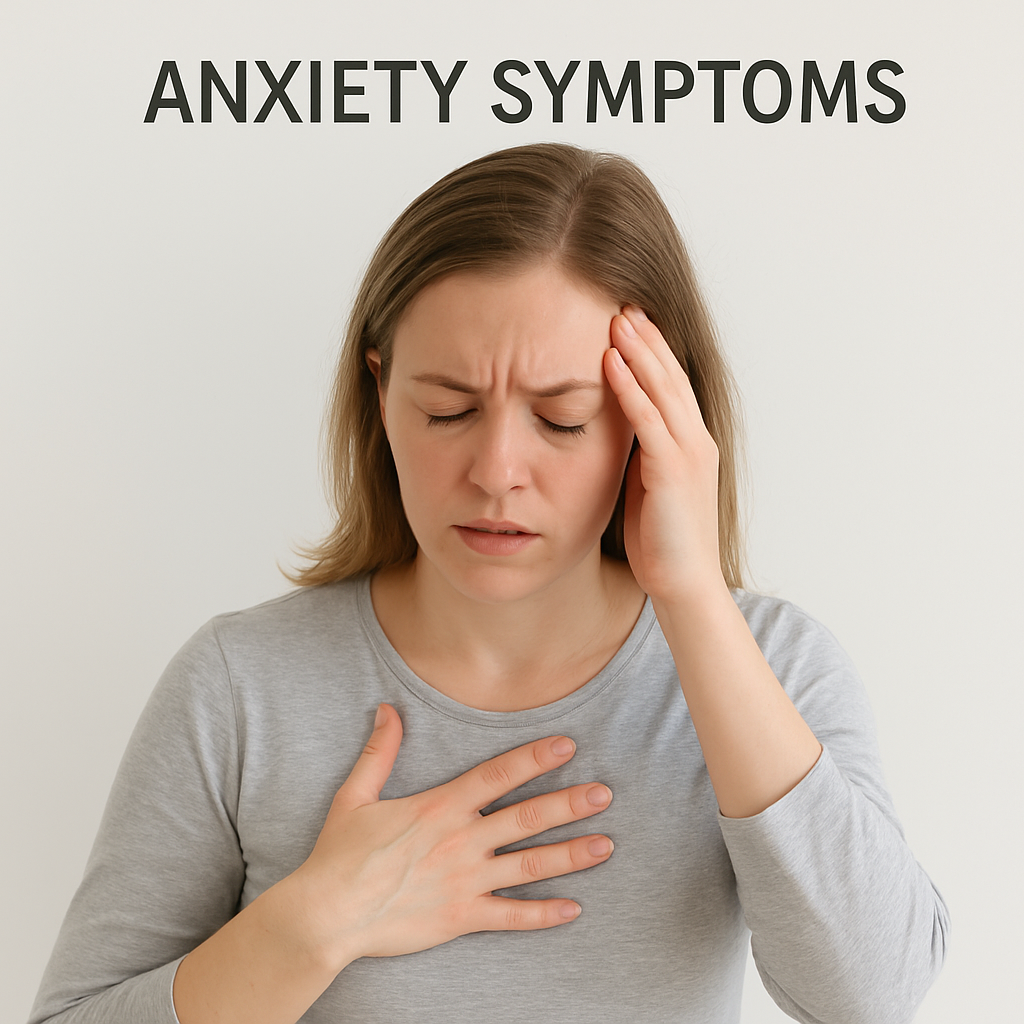Anxiety is more than just feeling nervous—it’s a complex emotional and physical state characterized by unease, worry, and heightened stress about uncertain outcomes. Common anxiety symptoms include racing thoughts, a pounding heart, shallow breathing, trembling, sweating, headaches, digestive issues, and sleep disturbances . Many describe it as feeling like “a knife stabbing you in the chest with each breath,” or being followed by a “rain cloud of negative self-talk”
What It Actually Feels Like
- Mental turmoil: intrusive thoughts often spiral into worry and doom—an internal “humidity” clouding your mind.
- Physical tension: tight chest, sweaty palms, churning stomach, pins-and-needles sensations, dizziness
- Emotional strain: a sense of restlessness, irritability, fear of uncertainty, and avoiding triggers .
Though anxiety serves as an evolutionary “fight-or-flight” alert, chronic anxiety can interfere with daily life, relationships, work, and sleep .
Effective Ways to Cope
1. Breathe & Ground Yourself
- Try the 3‑3‑3 rule: name 3 things you see, hear, and move 3 parts of your body
- Practice deep diaphragmatic breathing: inhale for 4 seconds, hold for 3, exhale for 6
2. Move Your Body
- Physical activities—like walking, jogging, yoga, or dancing—can ease tension and combat stress even with just 5–10 minutes of movement .
3. Use Reframing & Mindfulness
- Notice when anxiety arises and gently reframe negative thoughts into actionable or neutral thoughts—for instance, “I’m worried I’ll fail this test” becomes “I’ll study and do my best”
- Mindfulness meditation anchors attention to the present moment, reducing ruminative cycles .
4. Maintain Healthy Habits
- Aim for regular sleep, nutritious meals, hydration, and limiting stimulants like caffeine and alcohol
- Caffeine can heighten anxiety—consider tapering it slowly .
5. Seek Support & Professional Help
- Talking to trusted friends or family offers emotional relief and perspective .
- Therapies like CBT, mindfulness programs, or medication can provide powerful, structured relief .
Final Thoughts
The journey through anxiety may feel overwhelming—but the good news is that coping with anxiety is entirely possible. By integrating breathing techniques, physical movement, thought restructuring, mindfulness, healthy routines, and support, you can regain calm and clarity. If anxiety persists or worsens, seeking professional guidance is both courageous and wise.

Leave a Reply